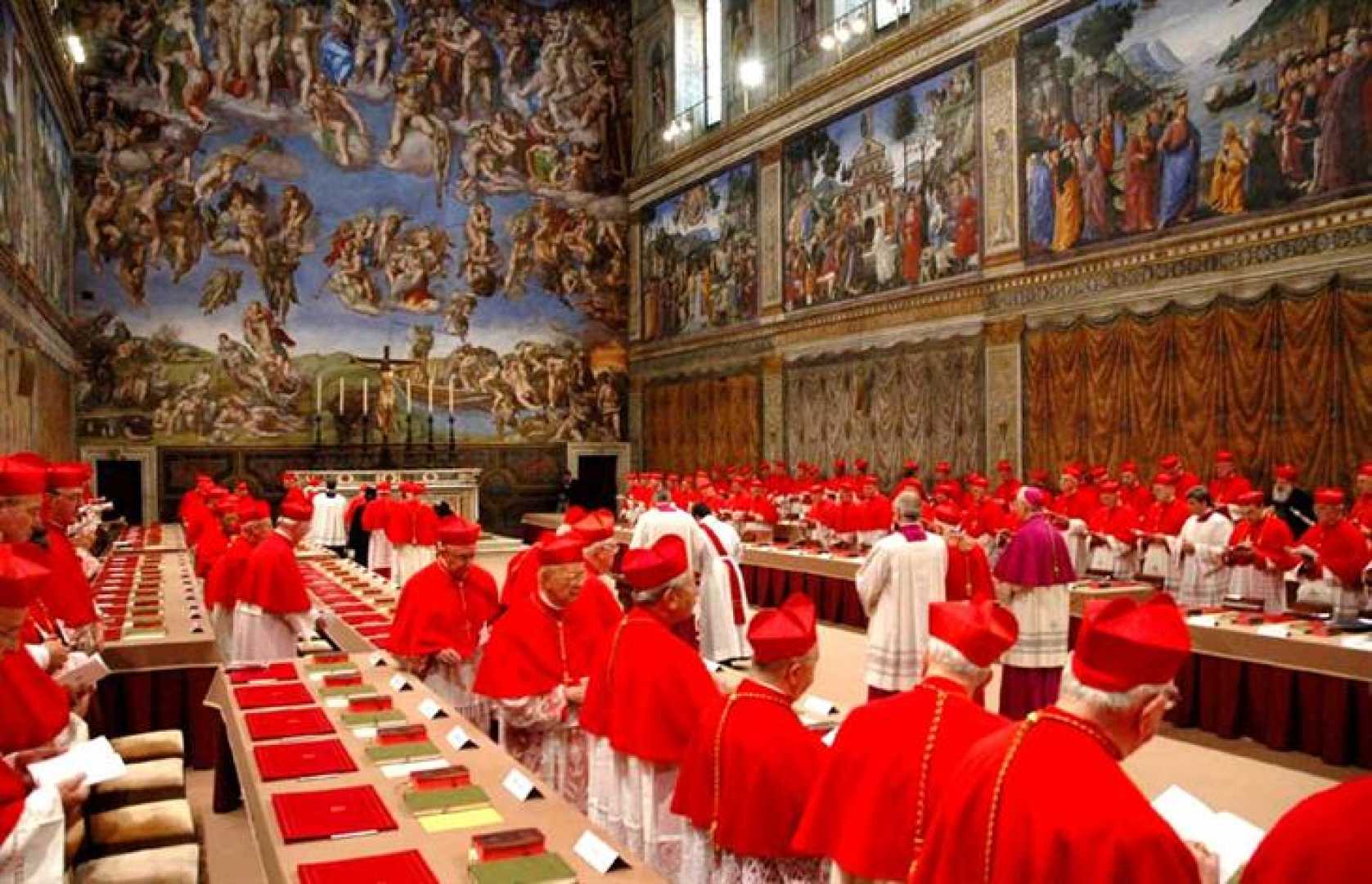World
Conclave Set to Elect Pope Following Francis’ Death

VATICAN CITY — The College of Cardinals is preparing for a pivotal conclave to elect the next pope, following the death of Pope Francis on April 21, 2025. The election process, steeped in traditions and rituals, will see approximately 120 cardinal electors from around the globe gather under Michelangelo’s iconic Sistine Chapel ceiling, marking the start of a new leadership chapter for the Catholic Church.
The conclave will commence 15 to 20 days after the pope’s passing, aligning with the Church’s long-held customs. Francis, who had been in office since 2013, appointed two-thirds of the eligible electors, thereby shaping the potential direction for his successor.
Cardinals over the age of 80 are ineligible to vote, leaving a pool of around 120 electors who will gather for prayer, reflection, and ultimately, the election. Upon assembling, the cardinals will take an oath of secrecy before sealing themselves in the Sistine Chapel, where their phones will be confiscated, and outside communication strictly prohibited.
The election procedure is meticulous: votes will be cast daily, and if a two-thirds majority is not reached after 30 ballots, a simple majority may suffice. Each voting round concludes with the burning of the ballots, producing black smoke for an inconclusive vote and white smoke to announce the election of a new pope.
Once a candidate is selected, he must accept the role and choose his papal name before appearing on the St. Peter’s Basilica balcony, where the dean of the College of Cardinals will address the public with the words, “Habemus papam” meaning “We have a pope.”
The election process is preceded by a traditional nine-day mourning period known as the novendiales, culminating in a funeral service for the late pope, which allows global leaders to pay their respects. This period underscores the significance of the papacy and the grave responsibility that lies ahead for the newly elected pope.
Current frontrunners for the papacy include Cardinal Pietro Parolin, Vatican Secretary of State; Cardinal Péter Erdő, known for his conservative views; and Cardinal Luis Antonio Tagle, who could become the first Asian pope. Each candidate presents diverse perspectives on contemporary issues facing the Church, including inclusivity and social justice.
As the world observes this historic event, the process reflects a blend of ancient tradition and the evolving dynamics of the Catholic Church, promising profound implications for its global congregation in the years to come.












